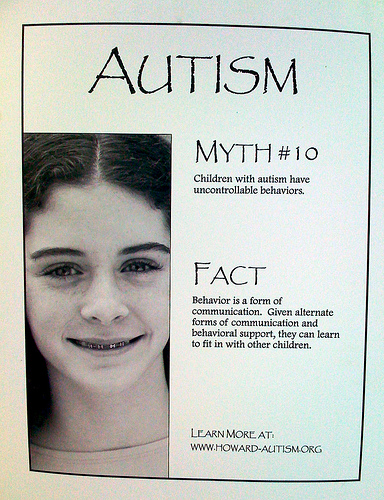Motivated by her concern after the Virginia Tech shootings in 2007, Kathryn Erskine wrote mockingbird (mok′ ing-bûrd) to examine how families cope after a sudden tragedy. Erksine’s first-person narrator is a ten-year-old girl with Asperger’s syndrome named Caitlin Ann Smith. Caitlin is a talented young artist, but her life is difficult. Caitlin’s mother died of cancer, and her older brother Devon died after a shooting at his high school. The two siblings were very close, and Devin had helped his sister to deal with the complex and confusing world around her. Caitlin’s father is paralyzed by grief after he loses his son, and he has trouble parenting Caitlin.
Fortunately, Caitlin has a wise and kind school counsellor, Mrs. Brook. Mrs. Brook helps Caitlin to decode people’s faces and behavior, to make friends, and to handle an unpredictable world. Emma, an outgoing and compassionate girl in Caitlin’s school class, also assists her, especially when a teacher and some students bully Caitlin.
Slowly, Caitlin opens up, makes a new friend named Michael, learns to do group work at school, and figures out how to bring closure for her father, herself, and her community after the loss of Devon.
This novel is well written and very moving. Erksine emphasizes understanding and empathy for others who are different. She helps readers to get inside the head of a child with Asperger’s syndrome and to sympathize with Caitlin’s sometimes bizarre tantrums.
There are only two weaknesses of the novel. Erskine has characters insist that children on the autistic spectrum cannot talk, which is not true of high-functioning autistic children, especially those who have received speech therapy. Also, the ending of mockingbird is overly tidy. In the real world, bullies often do not reform, and communities have trouble accepting special needs children.
Photo by Jeff Kubina 
